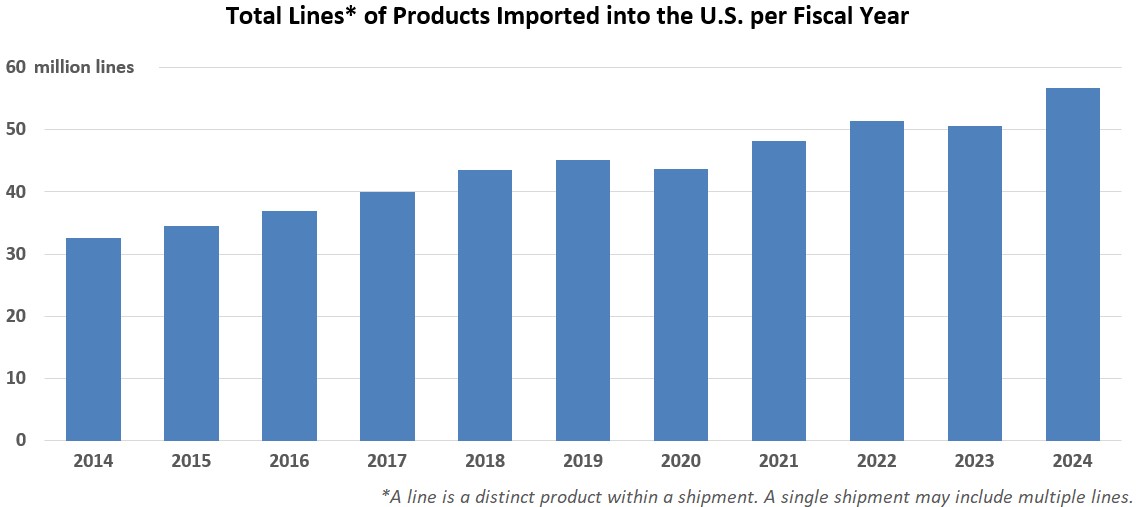Import Basics
All products offered for entry into the United States, including items for personal use, must be declared to U.S. Customs and Border Protection (CBP). CBP refers all FDA-regulated products to the FDA for review. CBP's regulations and requirements are at its website.
Most importers choose to hire licensed representatives when offering the products for entry. These representatives are known as customs brokers or entry filers. The entry filers can assist the importer by submitting necessary entry information and appropriate payments to CBP on behalf of the importer. CBP’s website has a clickable US map that will provide a list of specific ports, and under each port, you will find a list of brokers.
FDA Review
All imported shipments of FDA-regulated products are reviewed by the FDA and must comply with the same standards as domestic products. The FDA determines whether products are admissible into U.S. commerce and may refuse entry to any that violate or appear to violate any provisions of the Federal Food, Drug, and Cosmetic Act (FD&C Act).
FDA Entry Types
The FDA receives many different types of entries (consumption, informal, warehouse, import for export, etc.). Most questions revolve around the difference between commercial and personal shipments.
- Commercial Shipments: Imported goods brought into U.S. commerce for sale or distribution. To find out more information about the different types of entries visit our Common Entry Types page.
- Personal Shipments: Imported goods brought into the U.S. for personal use.
Regulated Products

Entry Review Process Specifics
During the entry review process, the imported products must be held and may not be distributed into U.S. commerce until the FDA has determined their admissibility.
FDA-regulated products are refused entry if they appear to be or have been found to be:
- adulterated, meaning the product is contaminated, is not safe, unapproved, or does not otherwise meet applicable standards,
- misbranded, meaning the labels contain false or misleading information, or the product is not registered and listed, if required,
- forbidden or restricted for sale.
Products that do not comply with U.S. requirements may be refused admission. Refused products must be destroyed or exported from the United States within 90 days.
The FDA's authority over certain imported products is granted by Congress through various laws and regulations. The FDA's refusal authority is through sections 536 and 801 of the FD&C Act.


